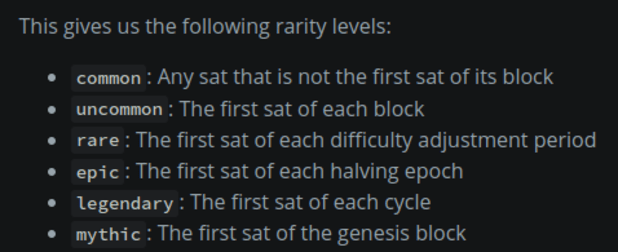Shyft Network Recruits FATF Veterans to Advise on Regulatory Compliance
Shyft Network, a Canada-based public blockchain protocol, has hired Josée Nadeau, former head of the Canadian delegation to the Financial Action Task Force (FATF), and Rick McDonell, former FATF executive secretary, as the newest members of its board of advisors.
The additions come as Shyft works to ensure compliance with the FATF Travel Rule, a non-binding recommendation that the task force issued in June 2019. It urged cryptocurrency service providers to adopt strict know-your-customer (KYC) policies, seen by many within the cryptocurrency community as a blow to user privacy protection.
“Shyft is focused on developing an interoperable solution to enable all VASPs [virtual asset service providers] to comply with the FATF Travel Rule,” Shyft co-founder Joseph Weinberg told Bitcoin Magazine. “Josee and Rick will help Shyft Network, as well as participating VASPs and potential solution providers, by providing a level of clarity and informed advisory in areas that most projects have struggled with over the last year.”
Nadeau and McDonnell have both worked at the FATF for more than five years and amassed a wealth of hands-on experience with financial regulators at many levels, including the World Trade Organization and the United Nations.
Weinberg said that he has been working with McDonell and Nadeau over the last year to help jurisdictions around the world understand the requirements pertaining to the FATF and added that Shyft “will be unveiling a system that enables blockchain analysis companies and proposed solutions to integrate with, interoperate across and be developed on Shyft Network.”
FATF Compliance, With the Bitcoin Ethos Intact
In July 2019, Shyft entered a partnership with blockchain analytics company CipherTrace to form an anonymous identity platform that is still compliant with FATF regulations.
Shyft teamed up with CipherTrace to try to “mediate between government officials, crypto companies and cryptocurrency users by creating a proof-of-knowledge identity protocol that doesn’t relinquish user information,” Weinberg said.
It was a bid to remain compliant with regulators like FATF but to maintain the core tenets behind blockchain-based technologies.
“Shyft Network’s mission is to ensure we keep the ethos of Bitcoin intact by producing a side-network that can allow us to form and adhere to regulatory requirements, without sacrificing decentralization, privacy or ecosystem growth,” he said.
With regulators catching up to the world Bitcoin has created, it’s only a matter of time before more regulations like the Travel Rule emerge. Shyft’s latest hires and efforts to remain compliant demonstrate that it is keeping this in mind.
“We recognize that the recent guidance will not be the last,” Weinberg concluded, “and with this we feel that the ecosystem needs to collaborate with policy makers and regulators in order to faster build solutions from within the ecosystem.”
The post Shyft Network Recruits FATF Veterans to Advise on Regulatory Compliance appeared first on Bitcoin Magazine.









